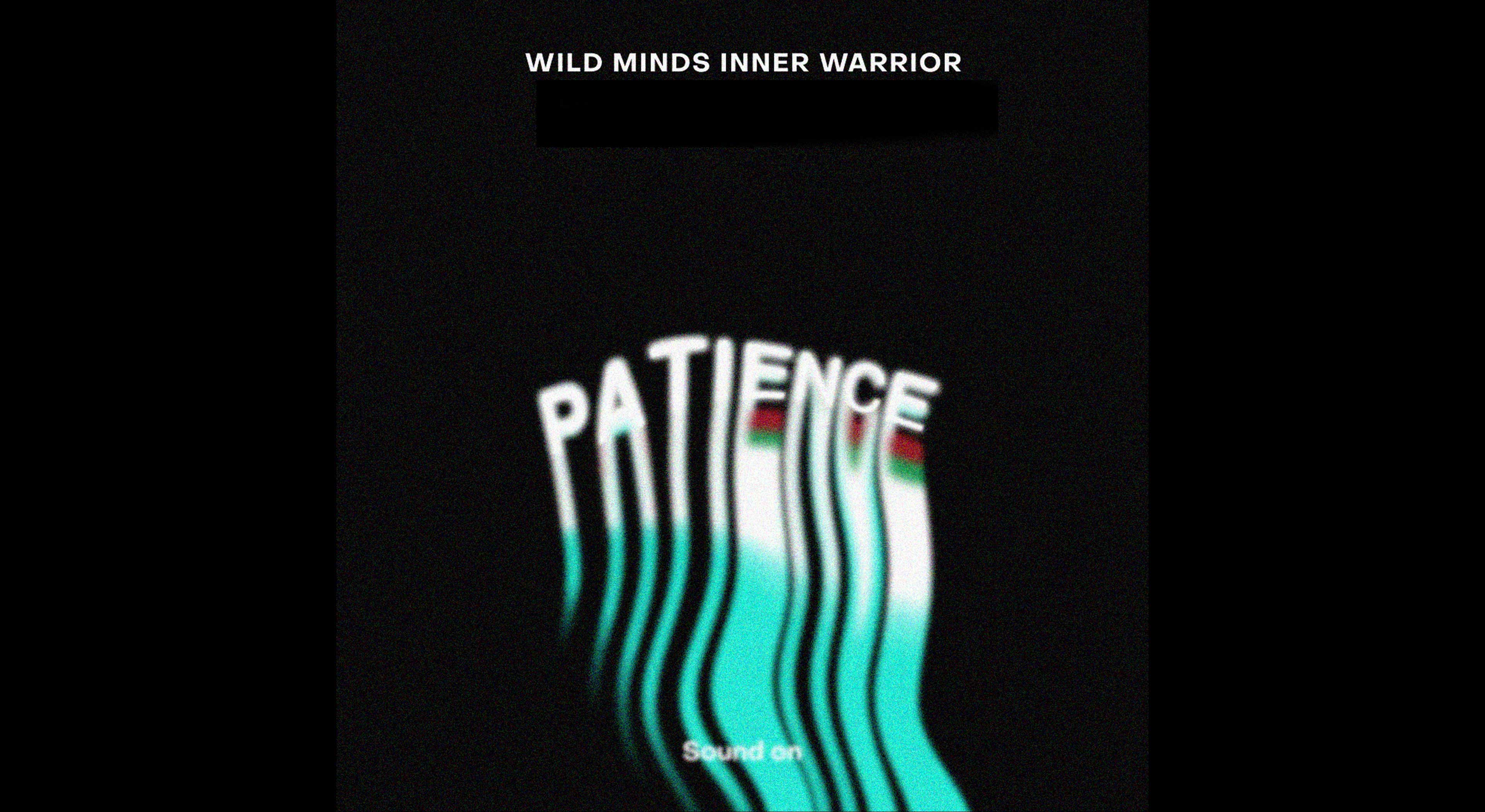In the seventh installment of Wild Minds—The Headless Club, a series that explores the qualities of inner warriorship, Howie B explores effort, or a lack thereof.
Effort is one of the qualities of inner warriorship that we use most frequently. Effort makes regular appearances in our day-to-day lives, be it brushing our teeth, mastering our tasks at work, or making it through exercise; effort is the exertion we apply to adversity and challenges.
Not to be confused with motivation, which precedes effort, effort is defined as the conscious physical and mental power expended when attempting to achieve something. However, effort is not always easy to conjure.
Beginners on the path of practice often encounter an obstacle: overcoming the undertows of low energy, apathy, and sleepiness when the mind is deprived of its customary high levels of interaction, conversation, and stimulation.
Models in psychology and neuroscience claim that when given a choice, humans tend to avoid effort, or at least the states in which we need to apply effort: difficulty and endurance. So how can we, as creatures of comfort, overcome this?
An inner ability to overcome laziness starts with the mind. By strengthening our thoughts and focusing on awareness, we can cultivate and control our energy to reduce dependence on outside stimuli and bring the mind to an optimal level of activation.
Consider running. Many athletes begin their runs extremely slowly, laying out the psychological climate for peak performance. Peak performance is often achieved nearer to the end of the run when the athlete expends the most amount of effort to achieve the greatest value. It’s a calculated approach.
Freed from the extremes of both lethargy and agitation, eventually, effort becomes flow.



